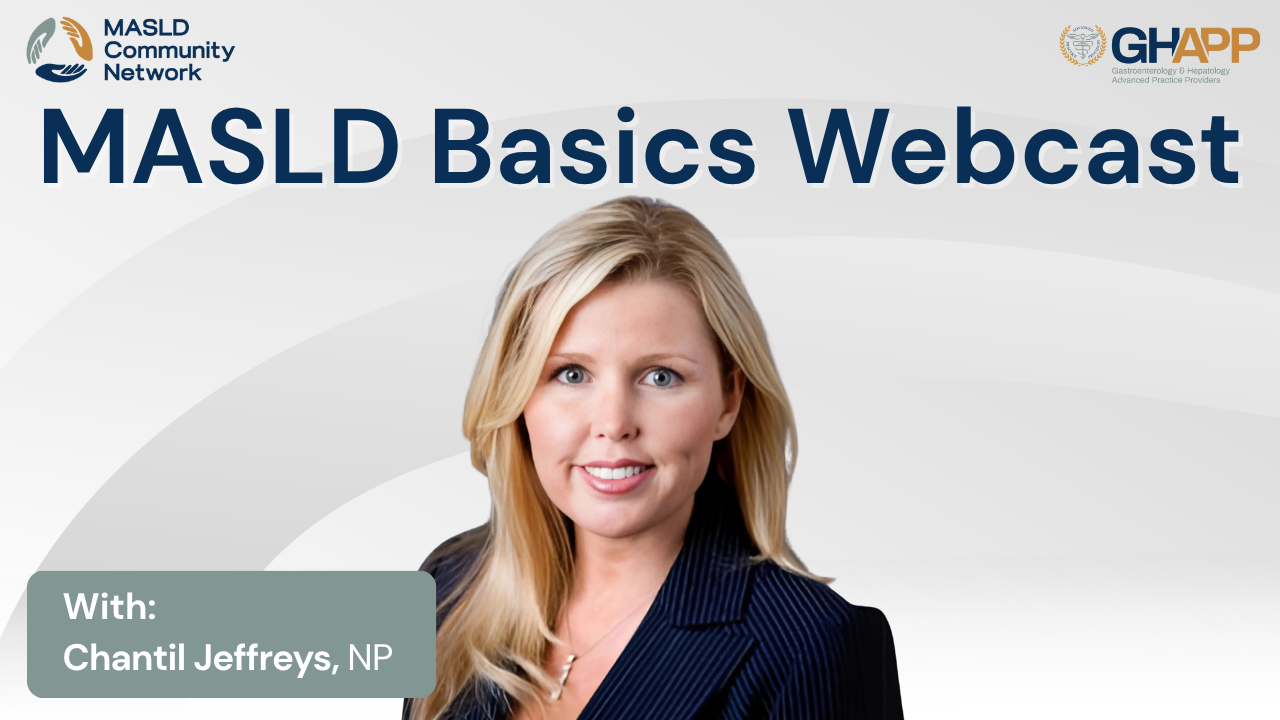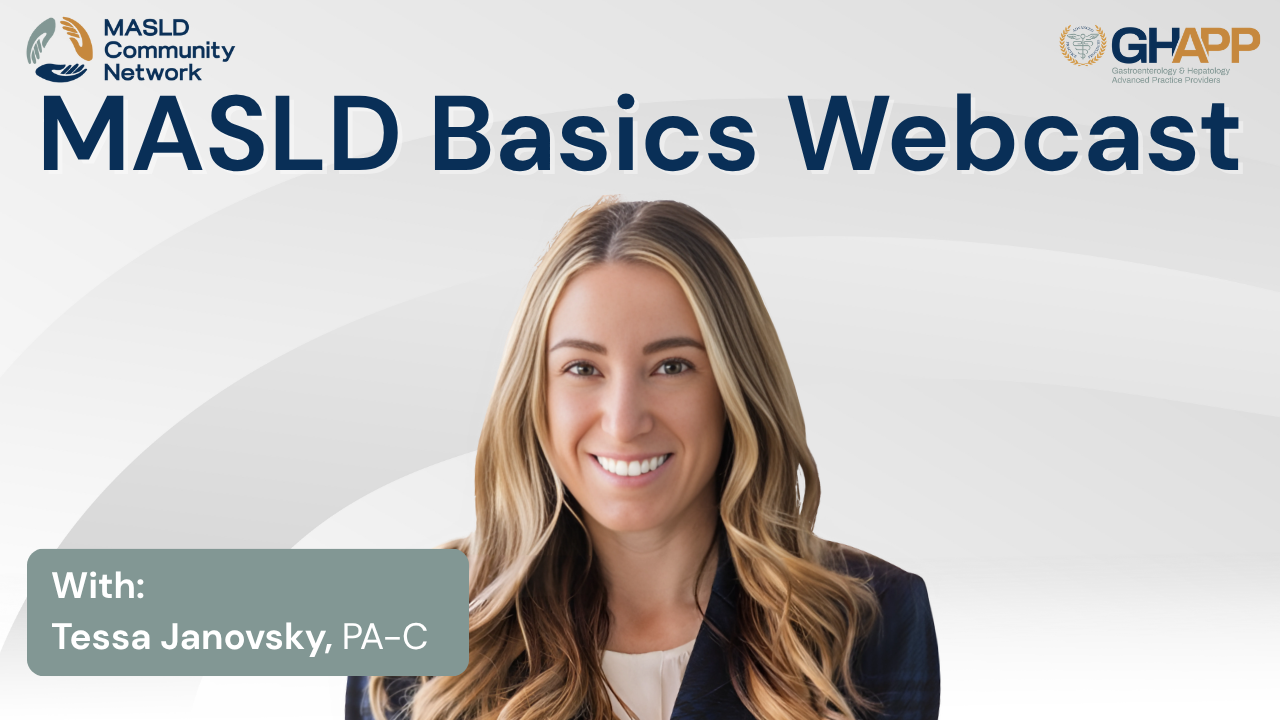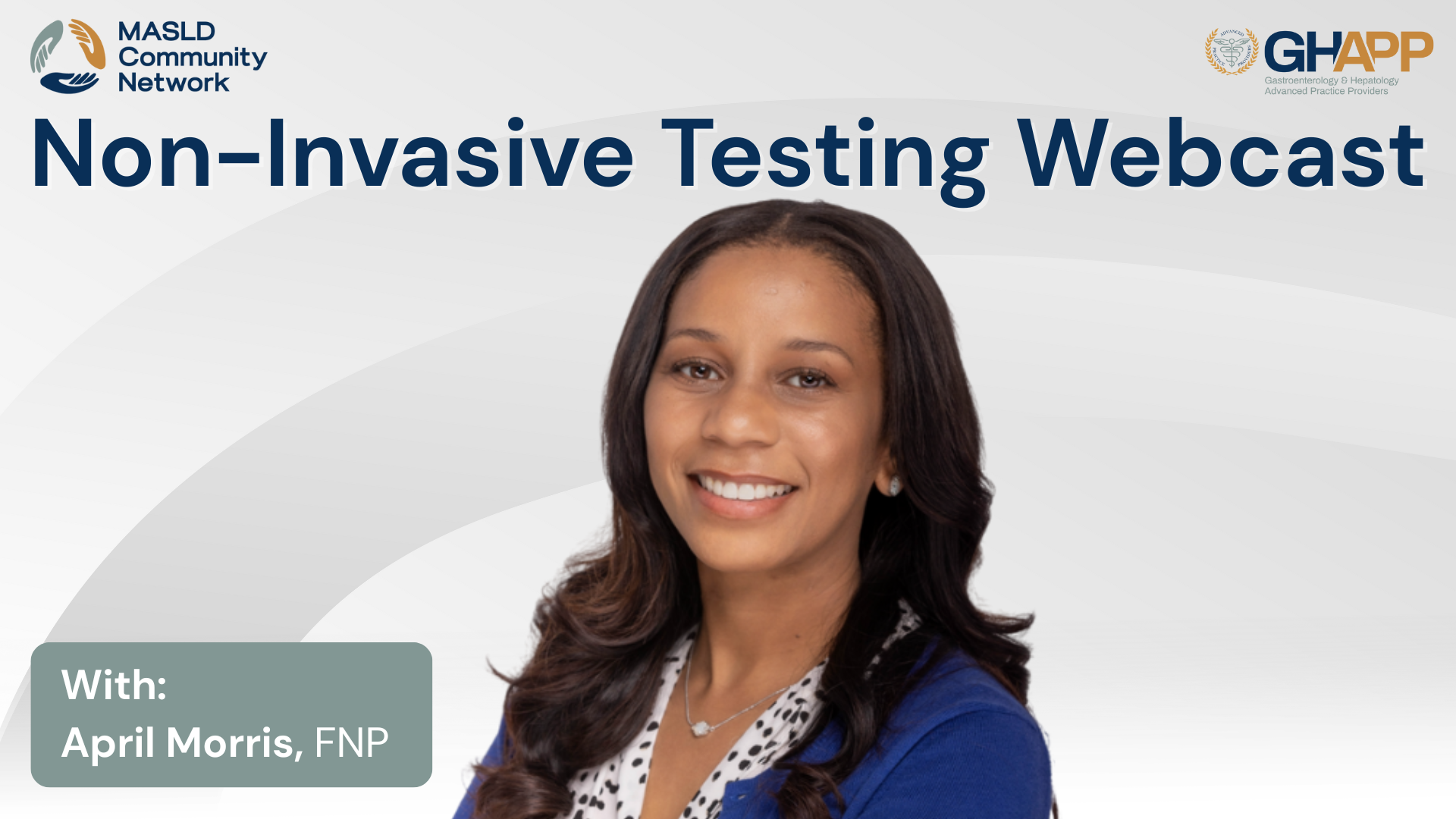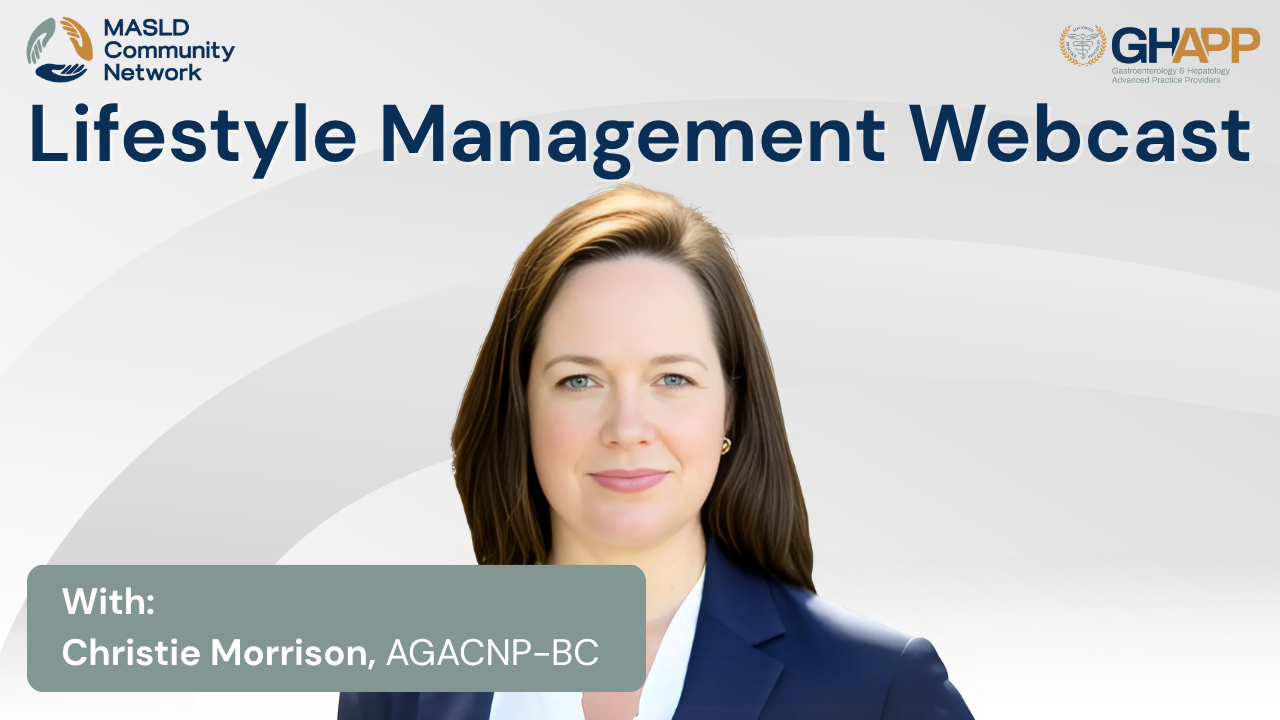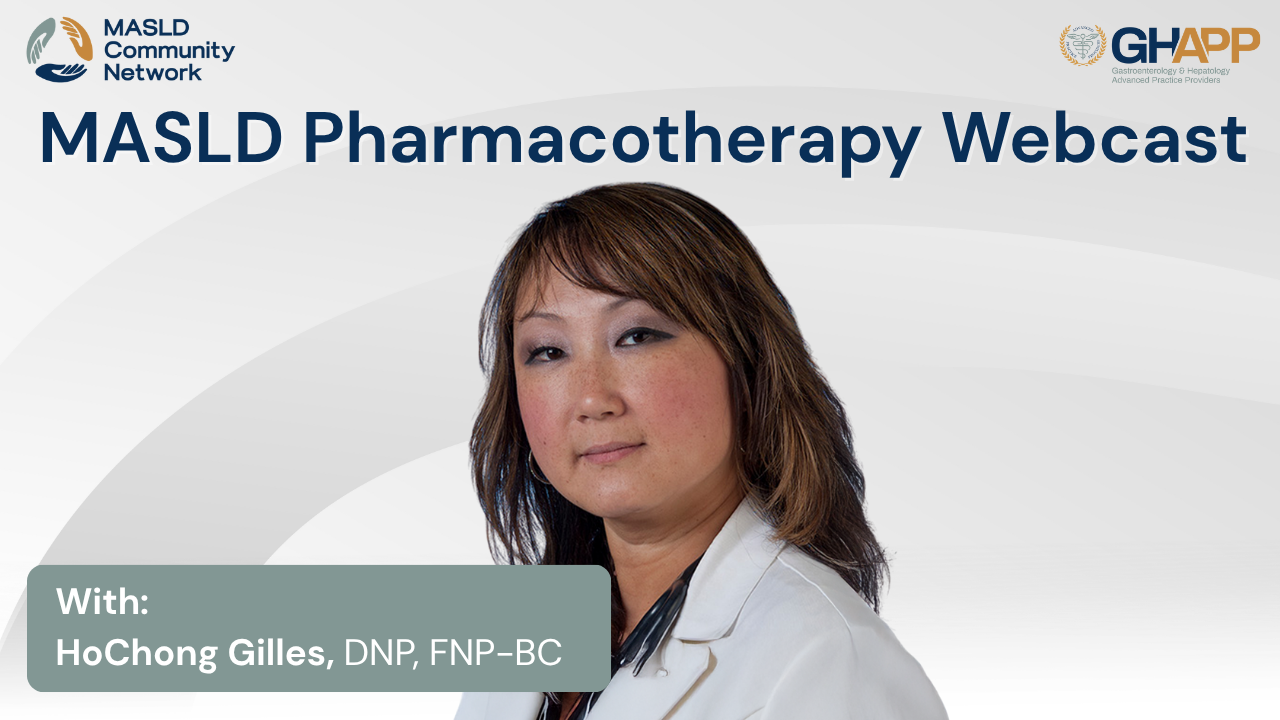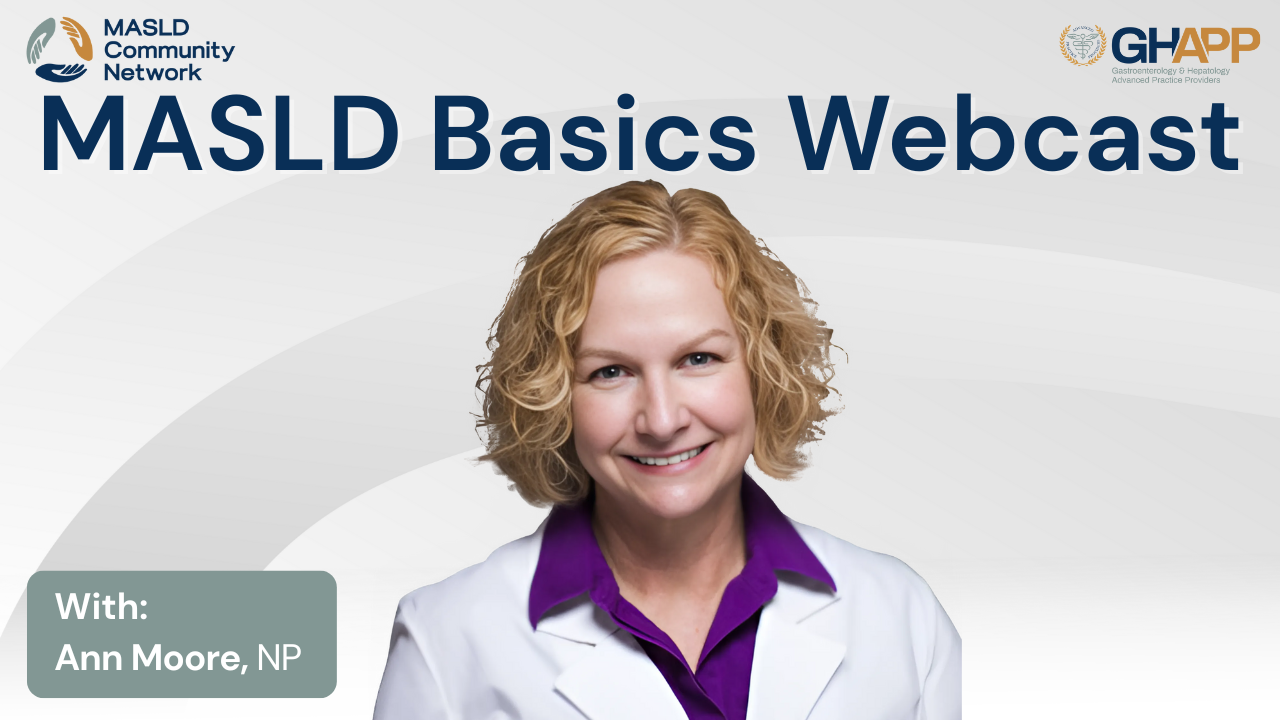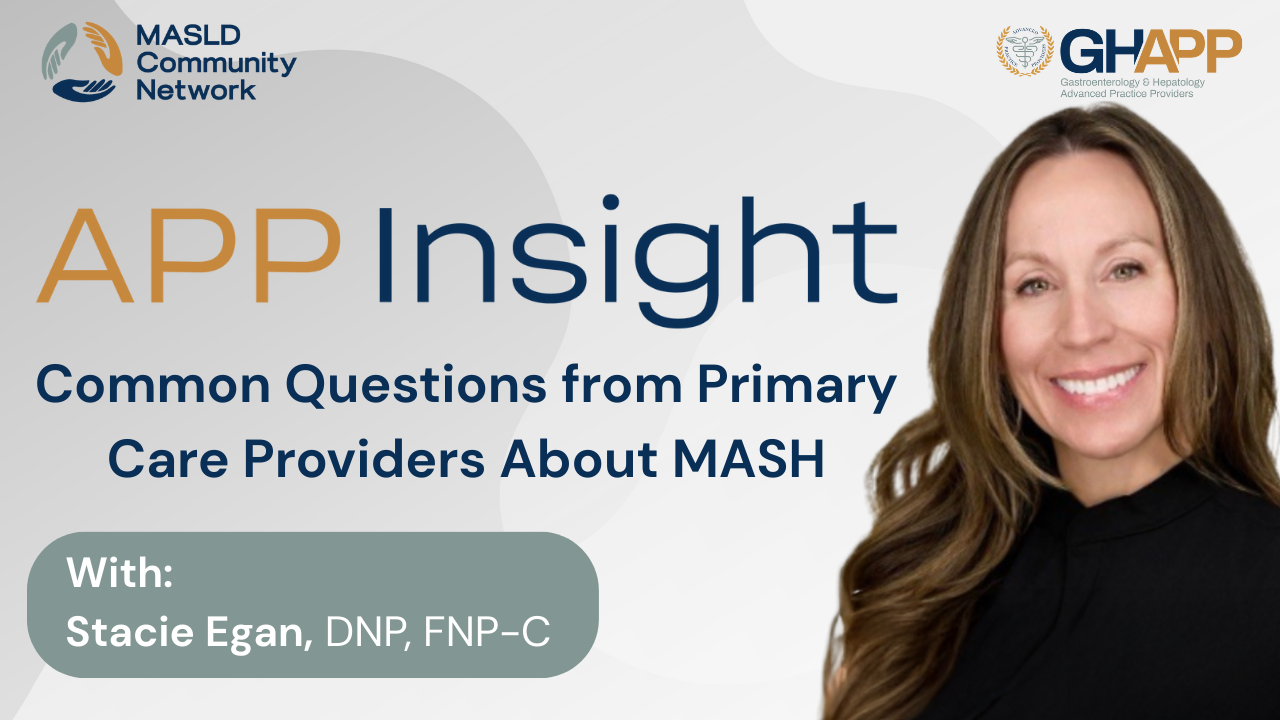Chat with MASLD AI

Hi, I am MASLD AI.
Suggested Questions :

MASLD AI 03:48 AM
In this session, Elizabeth Alqueza, PA-C at Beth Israel Deaconess Medical Center, provides a comprehensive overview of non-invasive testing in patients with Metabolic Dysfunction–Associated Steatotic Liver Disease (MASLD) and MASH. Using a real clinical case, she explains how to evaluate patients with abnormal liver enzymes and steatosis on imaging, and how to apply widely used tools such as the FIB-4 score, ELF test, FibroScan (VCTE), CAP score, shear wave elastography, and MR elastography. Elizabeth highlights the strengths, limitations, and interpretation of each test, along with practical considerations like cost, accessibility, patient factors, and operator experience. She also reviews the MASLD care pathway, emphasizing how accurate staging with non-invasive tests helps identify at-risk patients with advanced fibrosis who need closer monitoring, lifestyle interventions, and specialty referral. This talk underscores the critical role of non-invasive assessment in preventing progression to cirrhosis, liver failure, and hepatocellular carcinoma.







 August 2025
August 2025 
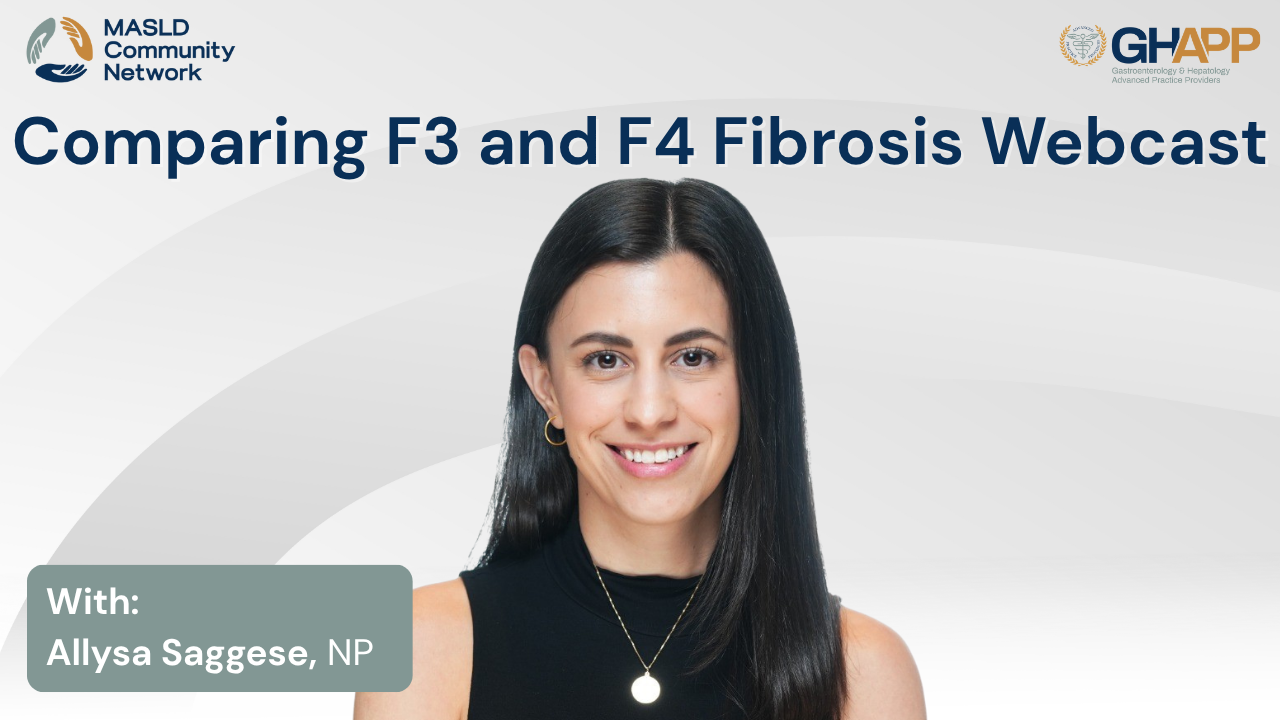
 September 2025
September 2025 